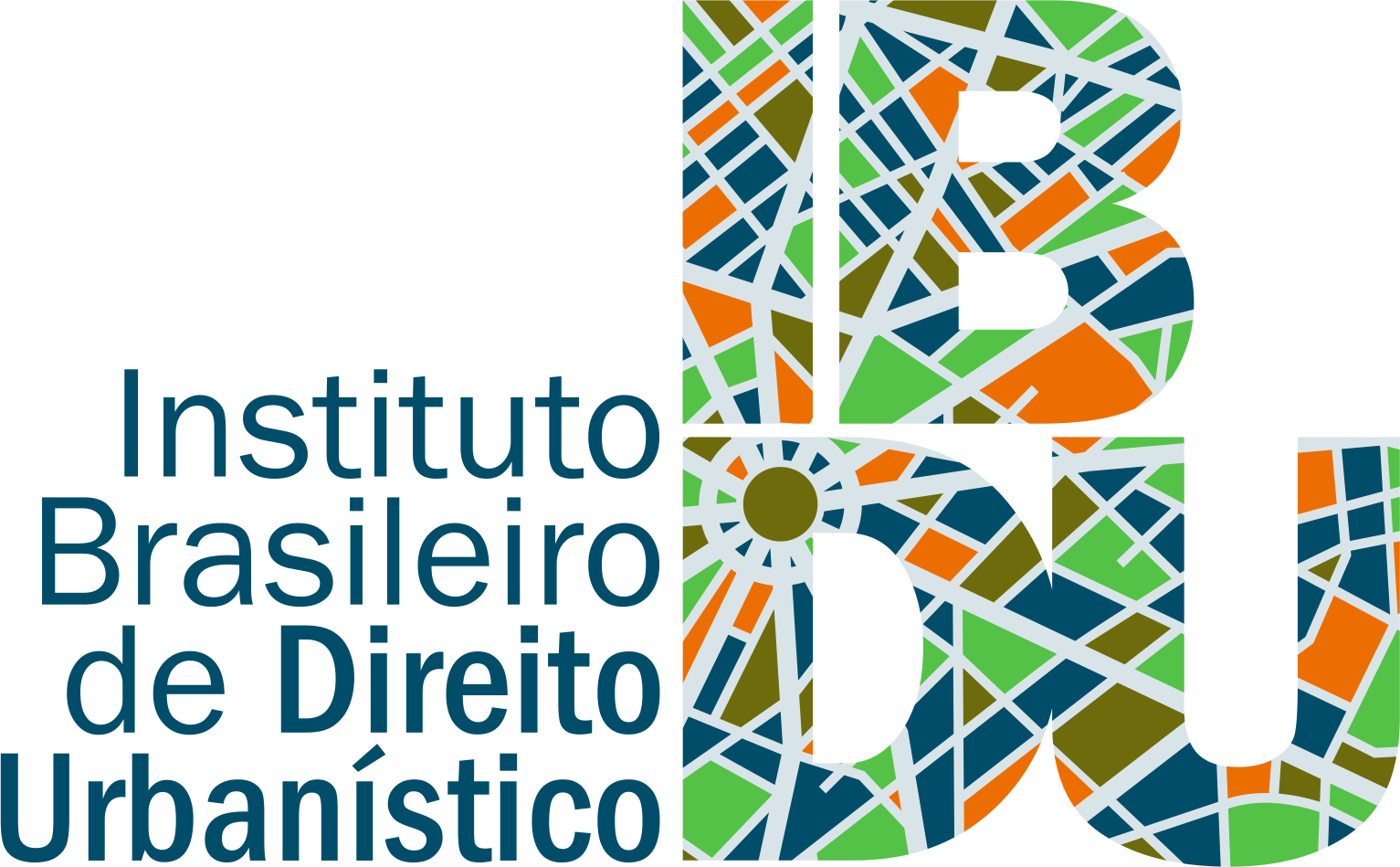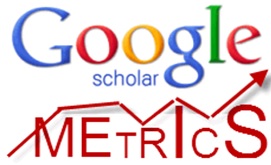A case study on the implementation of the “Parque Augusta” public park in the city of São Paulo: the role of social movements in the struggle for the right to the city
DOI:
https://doi.org/10.55663/rbdu.v1i1.404Keywords:
right to the city, social movements, public spaceAbstract
The purpose of this article is to provide a brief case study on the role played by social movements in support of the implementation of a public park – Parque Augusta – in the city of São Paulo, Brazil. To better achieve this goal, we have made a critical analysis of media reports, public documents and scientific texts referred to our subject, taking the right to the city’s legal framework as our main theoretical reference. As a result, we have observed that the conflicts surrounding the implementation of the Parque Augusta boil down to the polarization between two mutually exclusive claims. On the one hand, the property expropriation for deployment of a public park, subject to public domain and public management with the community’s participation, which is demanded by the social movements with the support of the public attorney’s office. On the other hand, the implementation of a private development, consisting of mixed-use buildings and a private park “open to public enjoyment” but controled and managed by private investors, which is intended by the real estate developers under the consent of the municipal historic and cultural heritage council and with the support of a surrounding residents association. We have thus come to the conclusion that the main underlying issue in this urban conflict, which has served as motivation to the social movements mobilization, lies in the re-signification and the claiming of public spaces as places of social exchange and
citizenship, in a broader social process initiated by the great Manifestations of June 2013 and, therefore, closely related to the political dimension of the right to the city. For these reasons, it is our understading that the future developments of the Parque Augusta must be carefully monitored by urban issues scholars, particulary in the Urban Law domain.
Downloads
References
CALDEIRA, Teresa Pires do Rio. Cidade de muros. Crime, segregação e cidadania em São Paulo. São Paulo: Edusp e Editora 34, 2011.
CAMPILONGO, Celso. Interpretação do Direito e Movimentos Sociais. Rio de Janeiro: Elsevier, 2012.
FREITAS, Juarez. Sustentabilidade. Direito ao Futuro. Belo Horizonte: Fórum, 2011, p. 53 e seguintes.
HARVEY, David. A liberdade da cidade. In: VAINER et al. Cidades Rebeldes. Passe Livre e as manifestações que tomaram as ruas do Brasil. São Paulo: Carta Maior; Boitempo Editorial, 2013.
LEFEBVRE, Henri. Le droit à la ville. 3eme édition. Paris: Economica Anthropos, 2009.
LÜCHMANN, Lígia Helena Hahn. Democracia deliberativa, pobreza e participação política. Política & Sociedade nº 11. Outubro de 2001, p. 183 a 197.
MARICATO, Ermínia. É a questão urbana, estúpido! In: VAINER et al. Cidades Rebeldes. Passe Livre e as manifestações que tomaram as ruas do Brasil. São Paulo: Carta Maior; Boitempo Editorial, 2013.
ORGANISMO PARQUE AUGUSTA. Quem somos. São Paulo: Organismo Parque Augusta, 26/06/2014. Disponível em: <http://www.parqueaugusta.cc/ja/quem-somos/>. Acesso em: 09 set. 2015.
PLATAFORMA DHESCA BRASIL. Direito Humano à Cidade. 2ª edição. Curitiba: Plataforma Dhesca Brasil, 2010.
PREITE SOBRINHO, Wanderley. “Parque Augusta vai ter segurança e wifi”, diz Presidente da Setin.Carta Capital, 06/03/2015. Disponível em:<http://www.cartacapital.com.br/sociedade/201cparqueaugustavaitersegurancaewifi201ddizpresidentedaconstrutorasetin4146.html 2/7>. Acesso em: 30 abr. 2015.
RAMALHOSO, Wellington. Prefeitura poderia obter terreno do Parque Augusta sem verbas. UOL, 10/02/2015. Disponível em: <http://noticias.uol.com.br/cotidiano/ultimasnoticias/2015/02/10/prefeituradesppoderiaobterterrenodoparqueaugustasemusodeverbas.htm>. Acesso em: 30 abr. 2015.
ROLNIK, Raquel. As vozes das ruas: as revoltas de junho e suas interpretações. In: VAINER et al. Cidades Rebeldes. Passe Livre e as manifestações que tomaram as ruas do Brasil. São Paulo: Carta Maior; Boitempo Editorial, 2013.
ROLNIK, Raquel. Parque Augusta e o sentido do público. Coluna publicada na Folha de São Paulo, edição de 16/03/2015. Disponível em: <http://www1.folha.uol.com.br/colunas/raquelrolnik/2015/03/1600054-parque-augusta-e-o-sentido-do-publico.shtml>. Acesso em: 30 abr. 2015.
SAULE JR., Nelson. A relevância do Direito à Cidade na construção de cidades justas, democráticas e sustentáveis. In: SAULE JR., Nelson (Org.). Direito Urbanístico: vias jurídicas das políticas urbanas. Porto Alegre: Sergio Antonio Fabris, 2007.
UN-HABITAT. State of the World’s Cities 2010/2011. Bridging the Urban Divide. London: Earthscan, 2008.
VEIGA, Edison. Associação defende projeto de construtoras para o Parque Augusta. O Estado de São Paulo, 13/02/2015. Disponível em: <http://saopaulo.estadao.com.br/blogs/edisonveiga/associacaodefendeprojetodeconstrutorasparaoparqueaugusta/ 1/4>. Acesso em: 30 abr. 2015.
VEIGA, Edison. Conpresp entende como “vitória” a aprovação de projeto do Parque Augusta. O Estado de São Paulo, 13/02/2015. Disponível em: <http://saopaulo.estadao.com.br/blogs/edisonveiga/conprespentendecomovitoriaaprovacaodeprojetodoparqueaugusta/>. Acesso em: 30 abr. 2015.
VEIGA, Edison. “Conpresp é inoperante e fadado à extinção”, diz professor da USP sobre o Parque Augusta. O Estado de São Paulo, 30/01/2015. Disponível em: <http://saopaulo.estadao.com.br/blogs/edisonveiga/conprespeinoperanteedestinadoaextincaodizprofessordauspsobreoparqueaugusta/>. Acesso em: 30 abr. 2015.
Downloads
Published
How to Cite
Issue
Section
License
Copyright (c) 2015 Revista Brasileira de Direito Urbanístico | RBDU

This work is licensed under a Creative Commons Attribution-NonCommercial-NoDerivatives 4.0 International License.
Este periódico é licenciado por Creative Commons (CC-NC-ND-4.0 Internacional). A submissão e a publicação de artigos são gratuitos; Trabalhos avaliados por pares duplas cegas; o periódico utiliza o CrossCheck (antiplágio); e cumpre com o Guia dos Editores da COPE - Committee on Publication Ethics, além das recomendações Elsevier e SciELO. Veja os Termos da Licença Pública Creative Commons Atribuição-NãoComercial-SemDerivações 4.0 Internacional














